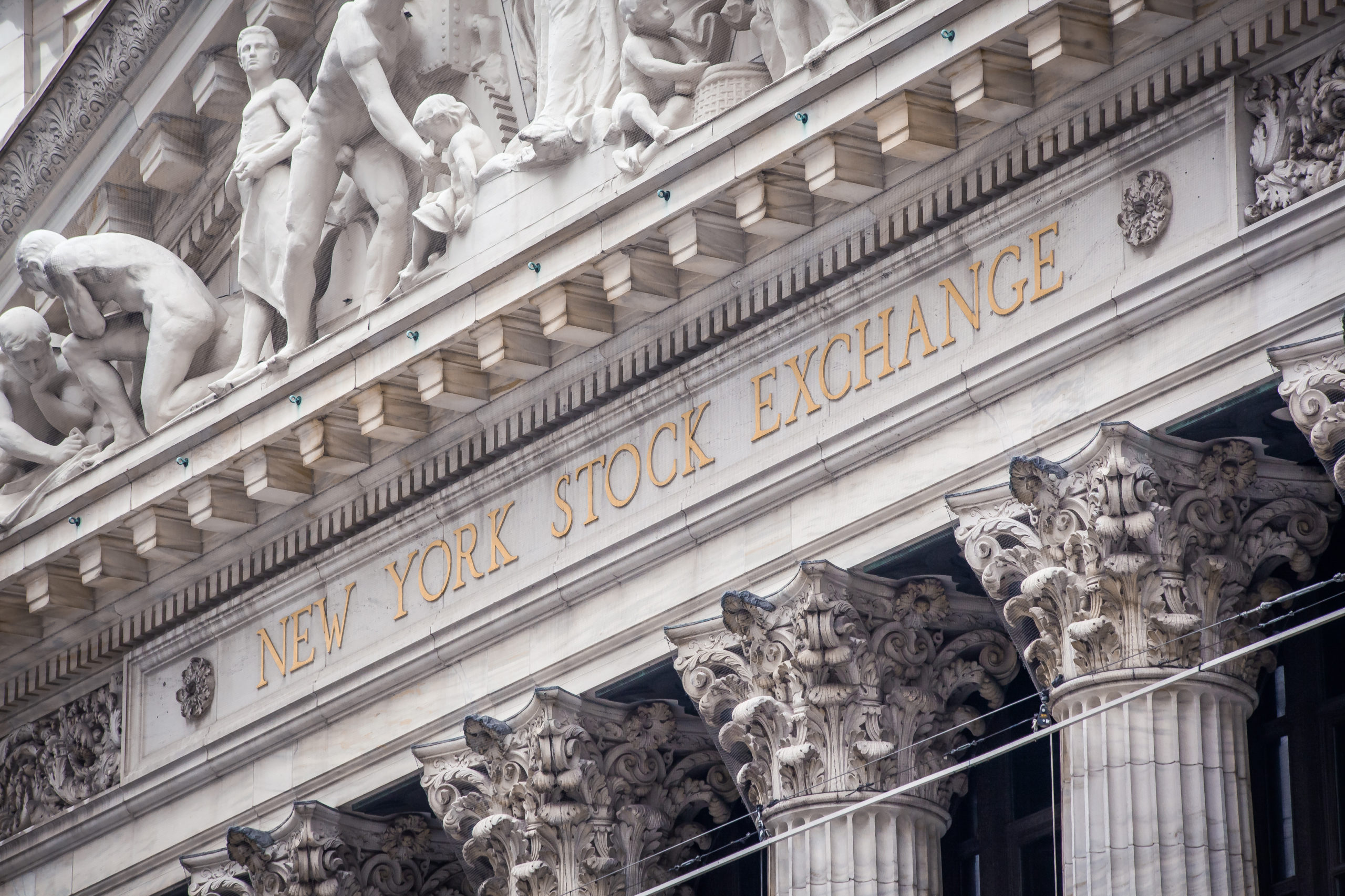Beijing will ramp up supervision of Chinese companies on overseas markets and new listings, citing concerns about information security in plans unveiled Tuesday after authorities launched investigations into US-listed tech names such as Didi Global.
Authorities aim to crack down on illegal activity in the securities market, China’s State Council cabinet and the Communist Party’s General Office said in a joint opinion released via Xinhua News Agency. Beijing will enact legislation and rules covering cross-border data flows and management of sensitive information, they said.
Though no details of the proposals have been revealed, the government’s tougher stance appears certain to influence Chinese companies weighing initial public offerings overseas. Increased scrutiny of overseas listings could discourage the trend of companies like tech giant Alibaba Group Holding tapping foreign markets’ greater fundraising potential.
The investigations target three technology companies—including top Chinese ride-hailer Didi—that listed in the US last month. The Cyberspace Administration of China on Sunday barred app stores from carrying Didi’s app, accusing the company of illegal collection of user data.
Investors have worried for some time about the prospect of stricter regulatory environments for Chinese companies in both the US and China.
China implemented regulations in 2009 requiring companies listed outside the country to protect state secrets.
Read more: After Didi, 3 more companies are dragooned into security reviews by Chinese government watchdog
More recently, the US Securities and Exchange Commission has been devising new listing rules after legislation was passed last year to ban trading of shares in China-based businesses that refuse to let regulators inspect their audits for three years. Beijing has rebuffed American requests to examine the work of Chinese auditors.
So far, tensions between the world’s two biggest economies have done little to deter Chinese businesses from raising cash in American markets, welcomed by risk-hungry investors who have driven stock prices to historic highs.
Thirty-six China-based companies have conducted IPOs in the US this year, raising a total of USD 12.5 billion, according to Dealogic—the fastest pace in data going back to 1995.
“Even after the SEC introduces new regulations, companies that are already listed won’t be delisted right away—there will be transitional measures,” said a lawyer in Hong Kong who works with Chinese businesses.
Many companies prefer to pursue funding opportunities now rather than worry about the risk of a future delisting, the lawyer said.
But new regulations threaten to drive a wedge between Chinese and foreign capital markets. Some US-listed Chinese companies have begun switching to the Hong Kong bourse or opting for dual listings, a trend expected to accelerate.
In an editorial this week, the Communist Party-backed Global Times expressed concern about the risk of data leaks at overseas-listed companies.
“For companies like Didi which have gotten listed in the US market and whose largest and second-largest shareholders are foreign companies, China should more strictly supervise their information security to protect both personal data security and national security,” the editorial said.
This article first appeared on Nikkei Asia. It’s republished here as part of 36Kr’s ongoing partnership with Nikkei.
